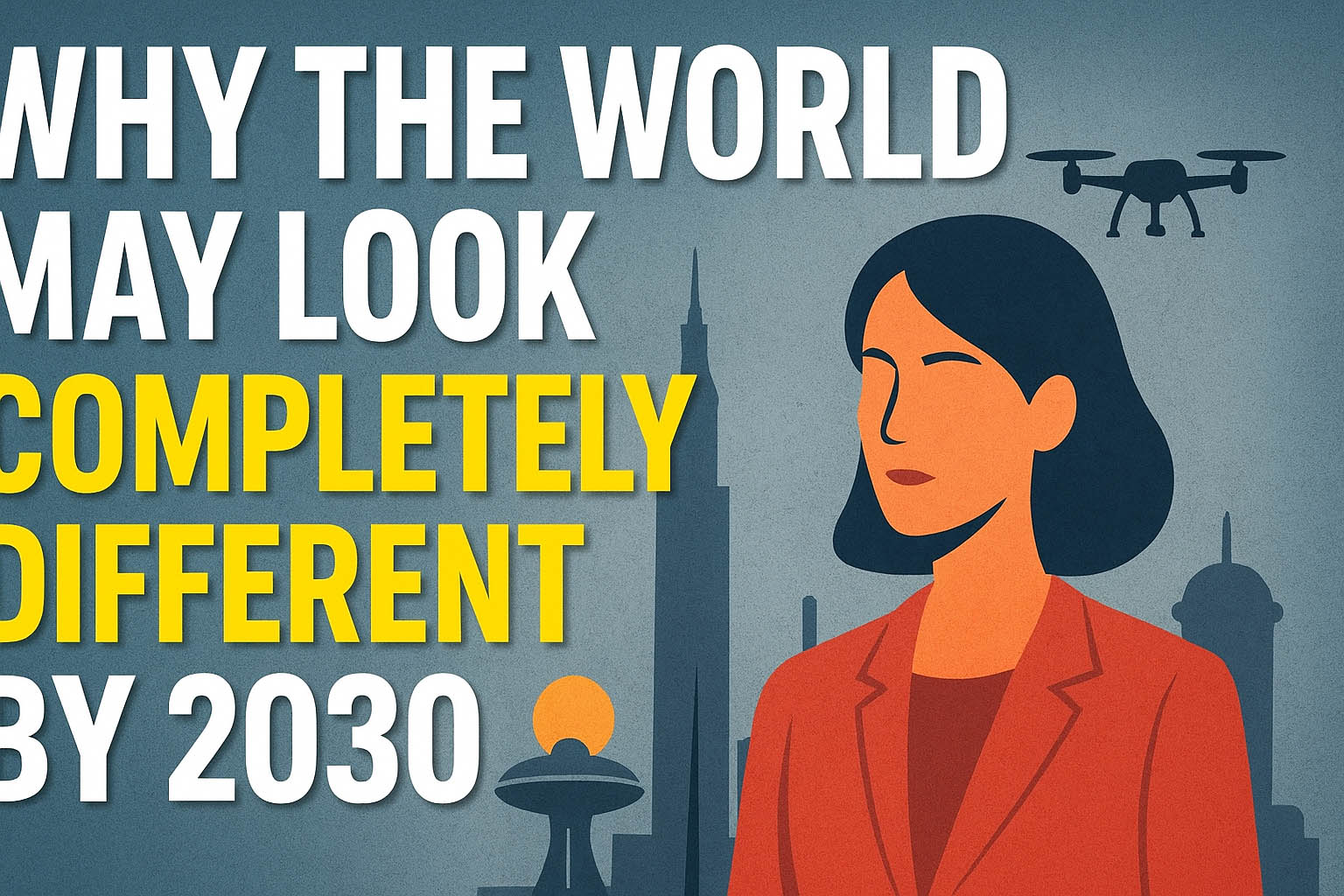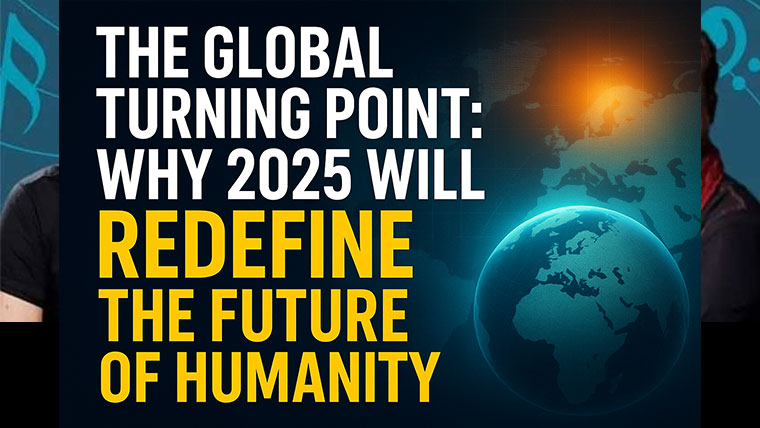Billie Eilish is not just a pop star—she is a global cultural phenomenon. Known for her haunting vocals, bold fashion, and thought-provoking lyrics, Billie has become a voice for Gen Z. But as Artificial Intelligence (AI) continues to transform the world, a new question arises: How is AI influencing the music industry, and what does this mean for artists like Billie Eilish?
Billie Eilish: The Voice of a Generation
Billie Eilish emerged as a teenager with her breakout hit “Ocean Eyes.” Within a few years, she had multiple Grammy Awards, a James Bond theme song (“No Time to Die”), and millions of fans worldwide. What sets Billie apart is her authenticity—she writes songs with her brother Finneas that connect with emotions of sadness, anxiety, and empowerment.
But in the age of AI, where machines can generate music, replicate voices, and even write lyrics, how does an authentic artist like Billie stand out?
AI in Music Creation
AI-powered tools can now compose songs, generate melodies, and even mimic the voices of popular singers. Recently, “AI covers” of songs using celebrity voices—including Billie’s—have gone viral on platforms like TikTok and YouTube. Fans are amazed, but the trend also raises serious questions about originality, copyright, and ownership.
Imagine an AI program generating a new Billie Eilish song that sounds authentic but wasn’t written or sung by her. Would fans still consider it “Billie’s music”? And how would this impact her career?
The Double-Edged Sword of AI in Music
On one hand, AI can be a helpful tool. Billie and Finneas, like many artists, could use AI to experiment with sounds, generate beats, or enhance production quality. AI can also help with mixing, mastering, and even analyzing global trends to see what resonates with fans.
On the other hand, AI poses risks to creativity. The emotional depth that Billie brings to her music comes from lived experiences—her struggles with mental health, her reflections on fame, and her bond with her fans. AI cannot replicate those feelings. It can copy her voice, but it cannot capture her soul.
Protecting Artistic Identity
Billie Eilish has always emphasized authenticity. She writes about what she feels and often performs with a raw vulnerability that resonates deeply with fans. If AI-generated music using her voice spreads without her consent, it threatens her identity as an artist.
The music industry is already discussing laws and protections against “deepfake music.” Record labels and artists are pushing for stronger copyright protections to ensure that AI cannot exploit their voices and creativity without permission. Billie, as a leading figure in music, could become a powerful voice in this movement.
Fans, AI, and the Future of Music
Fans play a huge role in shaping how AI will be used in the industry. Many Billie fans enjoy AI covers as fun experiments but would never mistake them for her real work. Others worry that AI might overshadow real artistry if companies start mass-producing machine-made songs.
What remains clear is that Billie Eilish represents a human connection that AI cannot replace. Her concerts, her interviews, and her personal connection to fans prove that music is more than just sound—it is emotion, identity, and community.
Will AI Replace Billie Eilish?
The answer is no. AI can copy Billie’s voice, but it cannot replace Billie. Her unique creativity, storytelling, and personal experiences are what make her music powerful. However, AI will change the industry, and artists like Billie will need to adapt.
Billie might even embrace AI in her future projects—not as a replacement, but as a tool to create new experiences. Imagine a Billie Eilish concert where AI-generated visuals respond in real time to her voice, or personalized fan experiences created with AI.



